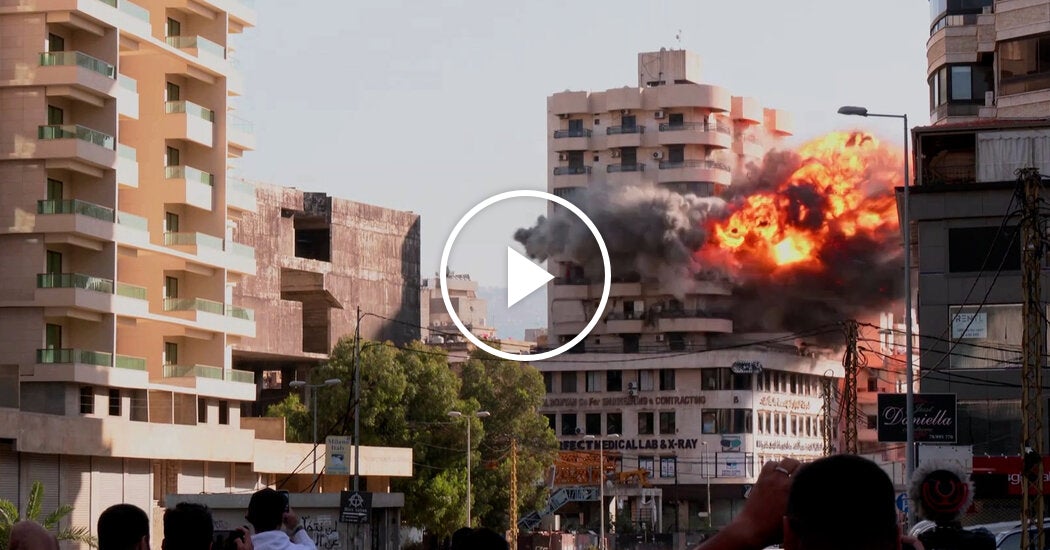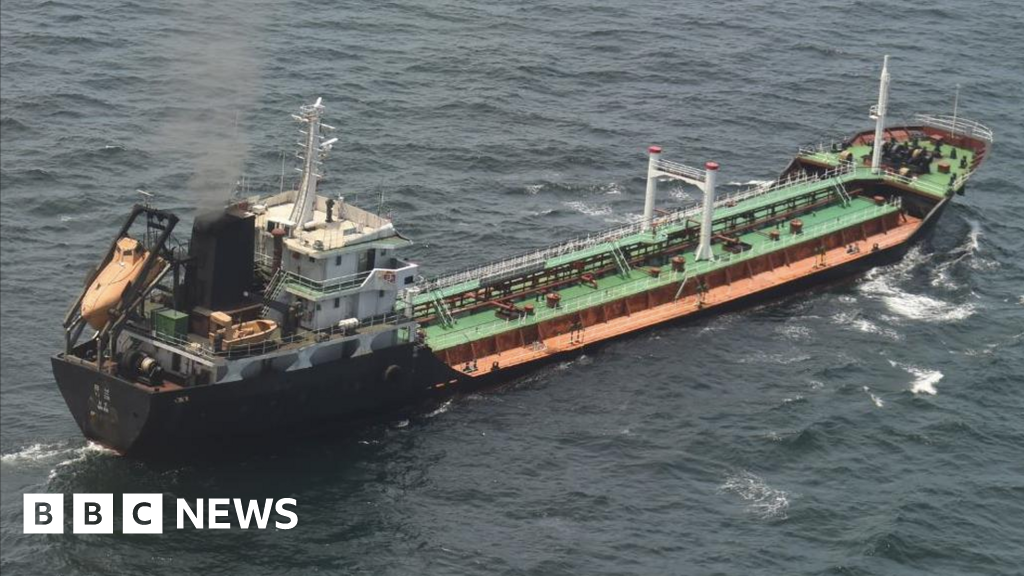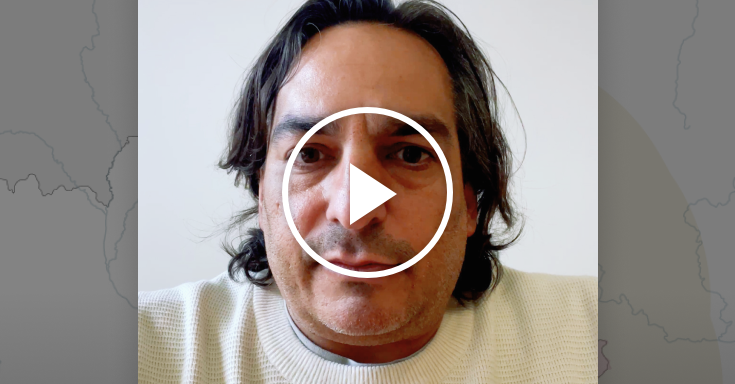The Israeli military said early Monday that it had embarked on what it called an “extensive counterterrorism effort” in the Jenin area of the occupied West Bank, a center of Palestinian militancy.
The military announced shortly after 1 a.m. that it was striking “terrorist infrastructure” in the area of Jenin, a Palestinian city in the northern West Bank that has recently been the focus of deadly Israeli army raids and fierce gunfights between Israeli troops and militants. It has also been used as the launching point for Palestinian attacks on Israeli forces and civilians.
Israel began with airstrikes and was also moving ground forces toward the city, according to initial accounts in the Israeli news media, which reported that at least four Palestinian militants had been killed in the opening strikes.
The military said it had struck a joint operations center used by militants in the Jenin refugee camp where weapons and explosives were stored and where individuals accused of carrying out attacks on Israelis have found shelter in recent months.
Israel last carried out extensive airstrikes in the West Bank during the second Palestinian intifada, or uprising, of the early 2000s.
A week ago, a rocket was launched from the Jenin area but exploded soon after it took off, according to the military and video footage. While militant groups in the Palestinian coastal territory of Gaza have been launching rockets into Israel for more than 20 years, militant groups in the occupied West Bank have not developed the same capabilities.
An Israeli raid into Jenin on June 19 turned deadly, with at least five Palestinians killed in a gun battle, including a 15-year-old girl, and dozens more Palestinians were wounded, according to Palestinian health officials.
Eight members of the Israeli security forces were also wounded in the fighting that day, which broke out after a raid to arrest two Palestinians suspected of terrorist activity, according to the Israeli military, turned into lengthy exchanges of fire.
Israeli helicopter gunships were sent into the area for the first time in decades to aid forces trying to extricate armored vehicles that had been disabled by a powerful roadside bomb. Israeli analysts said the roadside bomb was reminiscent of the kind that Israeli forces encountered in past decades in southern Lebanon.
Residents of the northern West Bank have recently been witnessing an explosive mix of violence. There are attacks on Israelis by armed local Palestinian militias; almost daily arrest raids by the Israeli military; and reprisals by extremist Jewish settlers, who have rampaged through Palestinian villages setting fire to property.
Palestinian security forces largely stay out of the hotbeds of militancy in the northern West Bank, creating a vacuum and indicating what analysts have described as a loss of control.
Members of the coalition government led by Prime Minister Benjamin Netanyahu — the most right-wing in Israel’s history — have been pressing for a more aggressive military response to the attacks on Israelis.
This year has proved one of the deadliest so far for Palestinians in the West Bank in more than a decade, with more than 140 Palestinian deaths in the territory over the past six months. Most were killed in armed clashes during military raids, though some were innocent bystanders. This year has also been one of the deadliest in years for Israelis, with nearly 30 killed in Arab attacks.
A day after the June 19 raid in Jenin, Palestinian gunmen killed four Israeli civilians, including a 17-year-old boy, near the Jewish settlement of Eli in the West Bank. The Palestinian gunmen were members of the armed wing of Hamas, the Islamic militant group that seized control in the coastal territory of Gaza in 2007 after winning elections a year earlier.
And a day after that, an Israeli drone strike killed three Palestinian militants in a car who the military said had just shot at an Israeli position in the northern West Bank and had carried out attacks against Jewish settlements in the area.
The killing of the four Israelis at Eli set off waves of reprisals by Israeli extremists who rampaged through Palestinian towns and villages, burning Palestinian homes, cars and fields.









